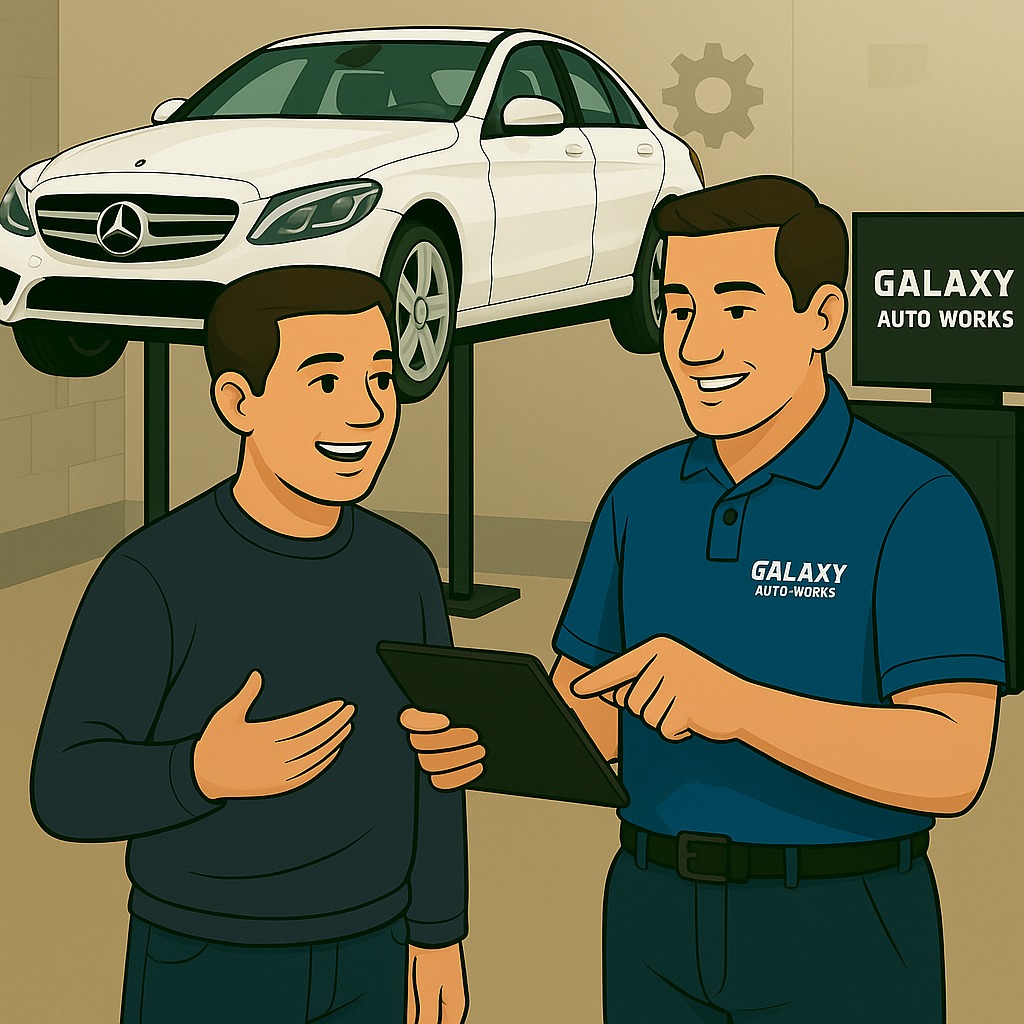Aftermarket parts may even be better than OEM parts. Aftermarket manufacturers may use newer technologies or materials that were not available when the OEM designed the original part. Additionally, aftermarket parts may be designed to address known issues with the OEM parts, making them more reliable in certain situations.
We try to complete most repairs the same day. If this is not possible, we will provide you with special transportation arrangements.
Our mechanic will provide the best quote for the exact repair needed on your specific make and model of car.
A rough running engine can be caused by a variety of issues, and a tune-up may or may not be the solution. A tune-up typically involves replacing spark plugs, air filters, fuel filters, and other items that can affect engine performance. If any of these components are worn or dirty, a tune-up may improve engine performance and smooth out rough running.
Making an appointment allows the repair shop to allocate the necessary time and resources to diagnose and repair your vehicle, which can help to ensure that the repair is completed efficiently and effectively. Just give us a call and we will guide you.
For a long time and sometimes still today, standard practice at many lube shops is to suggest oil changes every three months or 3,000 miles. In order to know when the best time to get your oil changed is, check the owner’s manual of your specific model for manufacturer-recommended intervals.
Regular maintenance of your vehicle protects your investment, helps to prevent breakdowns, and will save you on the cost of repairs in the future.
The consequences of delaying car repairs depend on the specific issue that needs to be addressed. Some repairs may be minor and pose little risk to the safety or performance of your vehicle, while others may be more serious and require immediate attention.
It is a good idea to have your brakes checked at least once a year, even if you are not experiencing any problems with them. Regular brake inspections can help to identify any potential issues before they become more serious problems.
There are two main types of oil filters: spin-on and cartridge. Spin-on filters are the most common type and are typically used on most cars. They are easy to install and replace, as they are self-contained and require no assembly but overall it depends on your car make and model.
Yes, it's important to keep up with regular maintenance and servicing for a leased vehicle just as you would with any other vehicle you own. In fact, it may be even more important to do so for a leased vehicle, as you'll be responsible for returning the vehicle in good condition at the end of the lease term.
If you only needed to jump-start your vehicle once, you may be able to drive it for a while to recharge the battery through the alternator. However, if your battery has been consistently dying or struggling to start your vehicle, it may indicate that your battery is old, weak, or failing, and it may need to be replaced.

